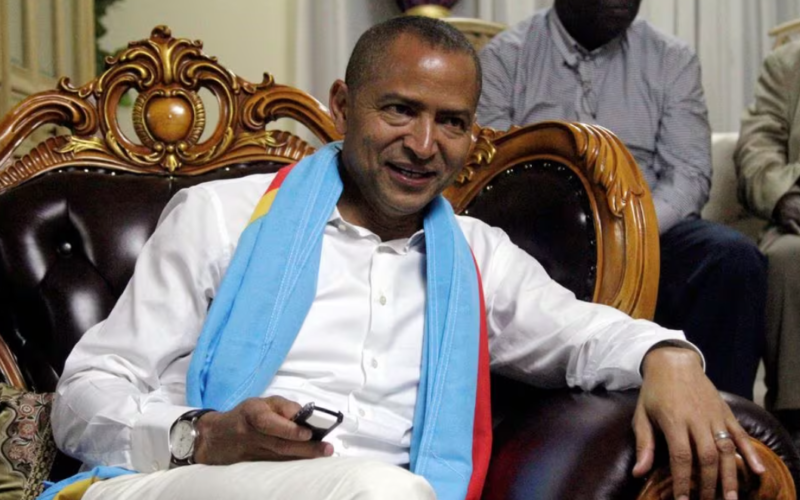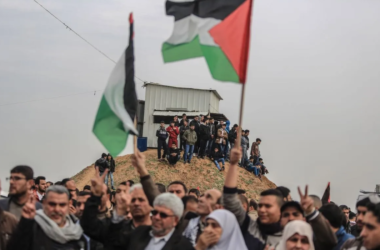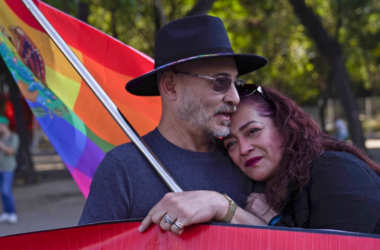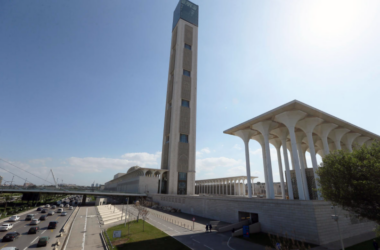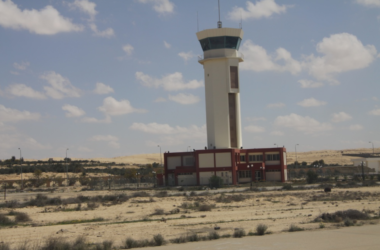Representatives from Congo’s major opposition parties have initiated discussions in Pretoria to strategize on ensuring the fairness of the upcoming general election scheduled for December 20. Among their key considerations is the selection of a potential joint candidate to challenge President Felix Tshisekedi. The crowded field features 25 opposition candidates approved by the electoral commission, with campaigning set to commence on November 20. This election holds significant importance in the Democratic Republic of Congo, a major global producer of battery materials like cobalt and copper.
The array of opposition candidates includes familiar figures like Martin Fayulu, a former Exxon Mobil executive who contested the disputed 2018 presidential vote, and Nobel Peace Prize-winning gynecologist Denis Mukwege. Martin Fayulu emphasized that discussions aim to ensure transparent elections, with a potential joint candidacy being a topic for future consideration. The primary focus, however, is on establishing ground rules for conducting peaceful and fair elections.
A united opposition front is deemed crucial to challenge President Tshisekedi effectively. The risk of a divided opposition could potentially work in Tshisekedi’s favor, especially in a single-round election requiring a simple majority. Ahead of the 2018 presidential election, a joint opposition candidate, including Fayulu, Tshisekedi, and Vital Kamerhe, was initially agreed upon but faced disruptions when Tshisekedi and Kamerhe withdrew from the deal.
Herve Diakese, a spokesman for Moise Katumbi, a prominent businessman and former governor, emphasized the need to rally behind one opposition candidate. Diakese identified Denis Mukwege, Moise Katumbi, and Martin Fayulu as standout figures, highlighting the importance of a leader with a clear program. The emphasis on a program-based joint candidacy seeks to bring coherence to the opposition’s strategy.
Albert Moleka, an advisor to Denis Mukwege, stressed the importance of a fair election being contingent on organized efforts from the opposition and civil society to monitor the voting process. The discussion revolves around the opposition’s ability to mobilize support, deploy witnesses, and navigate potential challenges to counter fraud. Coordination among opposition parties is seen as pivotal to ensuring a credible electoral process.
Opposition parties have raised concerns, alleging irregularities during the voter registration period orchestrated by the national election commission in favor of Tshisekedi’s ruling coalition. The commission, however, has refuted these accusations, asserting its commitment to conducting a fair and impartial election.
As Congo prepares for a critical general election, opposition parties are actively engaged in discussions to guarantee transparency and fairness. The potential selection of a joint candidate and a concerted effort to organize and monitor the electoral process underscore the opposition’s commitment to presenting a robust challenge to President Tshisekedi. The outcome of these discussions will significantly shape the dynamics of the upcoming election and its implications for the political landscape in the Democratic Republic of Congo.




